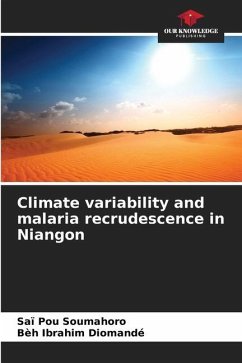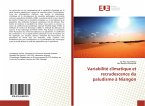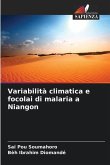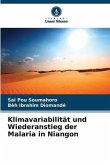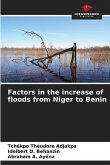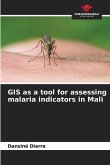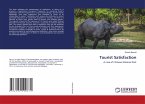Research on the consequences of climate variability on human health is emerging as a new avenue of investigation. One of the questions raised by this climate phenomenon is the resurgence of new vector-borne diseases such as malaria (SCIAMA, 2008). The objective of this study is to show the impact of climate variability on the recrudescence of malaria. Statistical analysis methods were used. To highlight climate variability, we used the calculation of the monthly rainfall coefficient of Alfred Angot (1906), the Nicholson index method (1988), the breakpoint detection method, and the Pettitt statistical test (1979). To evaluate the correlation between "climate fluctuation-malaria recurrence", the correlation coefficient (r) and its statistical significance; Student's test were applied. The results obtained indicate fluctuations in climate parameters in their evolution. This situation is obviously not without consequences on the proliferation of mosquitoes and by ricochet affects thehealth of populations by malaria.
Bitte wählen Sie Ihr Anliegen aus.
Rechnungen
Retourenschein anfordern
Bestellstatus
Storno

